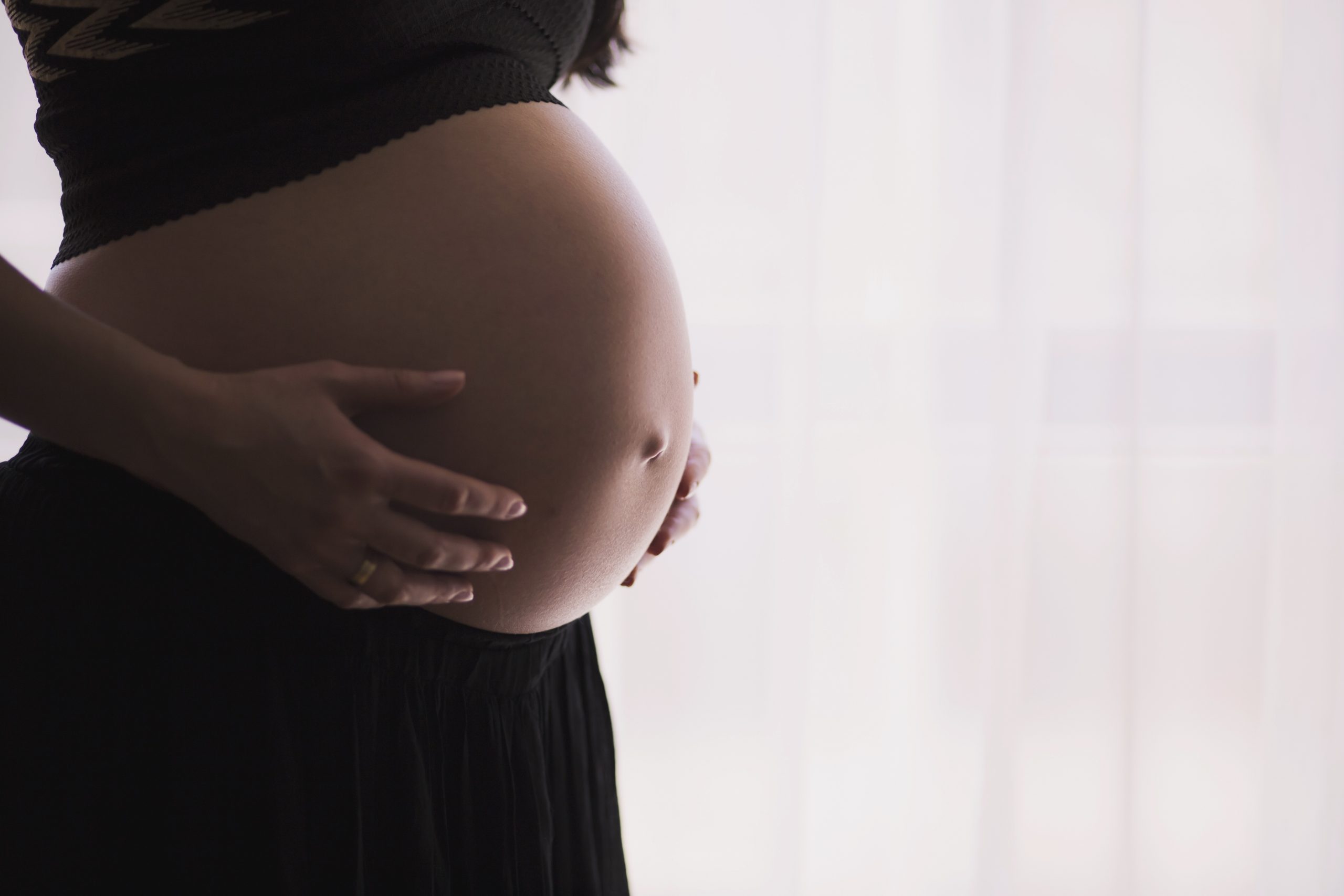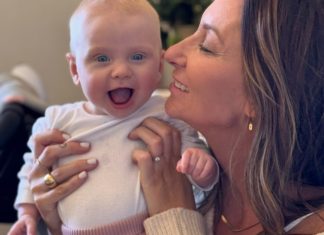Some pregnant women in Australia are missing out on medications to treat severe nausea and vomiting by pharmacists and medical practitioners due to misleading labels and a lack of understanding about what’s safe.
A new study of 249 women who suffered from severe nausea and vomiting during pregnancy (NVP) or hyperemesis gravidarum (HG) examined their experiences during pregnancy.
One in four women reported being denied medications for NVP and HG at some stage during pregnancy. This most commonly involved the over-the-counter medicine doxylamine and interactions with community pharmacists.
Caitlin Kay-Smith, co-author and founder of the consumer organisation Hyperemesis Australia, explained more.
“HG is a severe form of NVP and affects 5-10 per cent of pregnancies. Research shows that women with HG have a higher risk of negative maternal and fetal outcomes, but these possible harms are poorly recognised. This means that ensuring women have access to safe and effective treatments is really important.”
Associate Professor Luke Grzeskowiak, a Hospital Research Foundation Mid-Career Fellow at Flinders University and SAHMRI, said some women felt their symptoms were trivialised and their suffering wasn’t heard.
“Underlying explanations for women being denied access to medications can include a lack of provider awareness of clinical practice guidelines, misleading labelling produced by pharmaceutical manufacturers (e.g. most doxylamine packaging states not to use during pregnancy), or genuine concern or uncertainty regarding the fetal safety of specific medications with or without consideration of the benefits of treatment.”
There are calls for the Australian Therapeutic Goods Administration (TGA) to consider following international efforts aimed at improving medication labelling laws, such as the Pregnancy and Lactation Labelling Rule introduced by the Food and Drug Administration in the United States.








